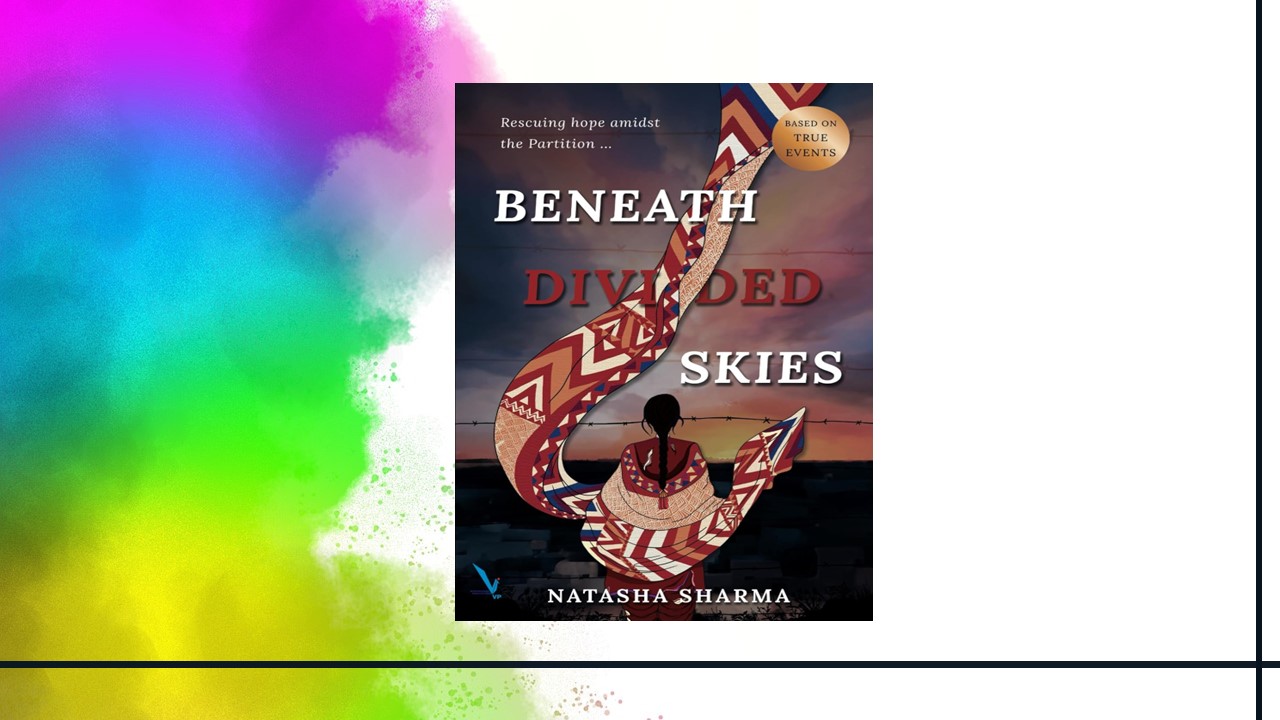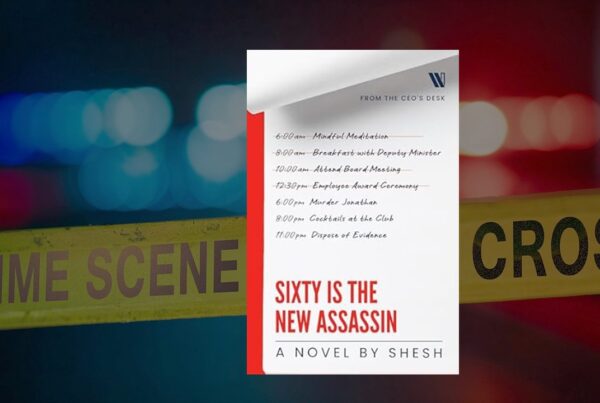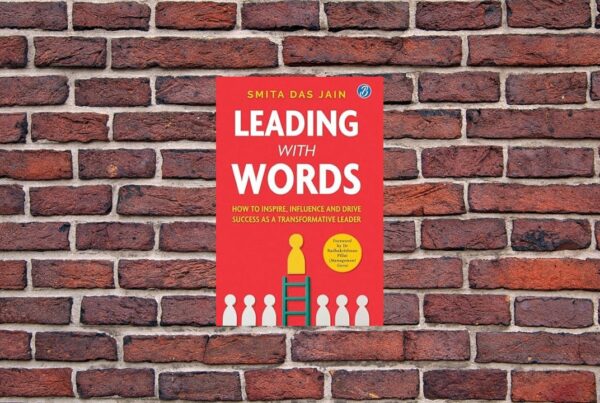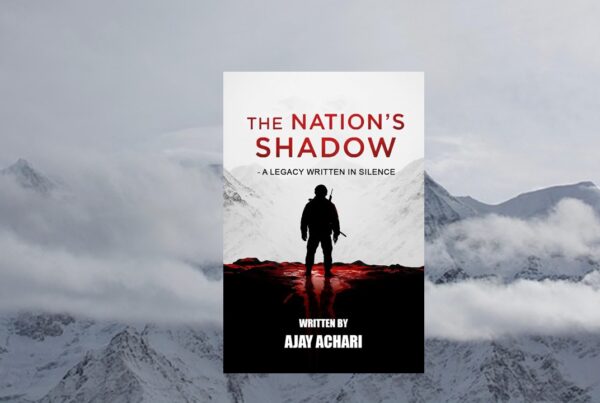Natasha Sharma’s debut historical fiction, ‘Beneath Divided Skies’ is a heart-wrenching story of partition, told like never before. This is a tale of courage, of resilience, of hope, and the spirit of sisterhood. It focuses on a lesser-known aspect of partition- the Rescue and Restoration Act which involved covert operations spearheaded by women to rescue abducted women from across the border.
The protagonist is Satya, a young woman who loses her family when a violent mob massacres them during partition. She flees to India, joining an organization that carries out rescues in the hope that she will locate her missing sister. Over time, she falls in love with a Pakistani army officer who is her ally. Satya must choose between her heart and her duty while on either side of the Radcliffe line, two nations burn.
The author attempts to give a voice to the silent sufferers of partition; women displaced, those rescued only to face abandonment, those who loved, those who lost, and those who LIVED. She wonders if the survivors had choice or agency, sometimes being disowned by the very families they were abducted from. Why were they treated like property, with different divisions squabbling over their ownership? Why didn’t anyone ask them what they wanted? We need these female voices to be heard, else history will remain HIS STORY forever.
“Both sides of the Indus River had good men, both sides had radical elements who committed these evil deeds, and each side suffered. At the forefront of this suffering were the women, and it didn’t matter to which God they prayed.”
The author doesn’t shy away from depicting the horrors of partition. There are many poignant and powerful instances, like a mother choosing which twin to save, or women choosing honour over life, all narrated in gut-wrenching detail. These are the moments that make you as a reader, question the futility of war and violence.
The author’s research shines through. She captures the tone of the period perfectly; whether it is the food, the dialect, or the clothing including the colourful phulkari dupattas which play an important role in the story. What is remarkable is how the author’s reference to the divisions prevalent among people is relevant even in contemporary times.
“…how a line drawn haphazardly on a map could massacre so many dreams, extinguish so many hopes. And all of this, even before the ink had dried.”
Beneath Divided Skies is story of the triumph of the human spirit in the face of adversity. Satya, at the forefront, is the embodiment of the resilience of womanhood. There are many lines that stay with you.
“It was rooted to a spot, but it sent its emissaries, the sparks, into the world. As if, in some way, it wanted to break free from its confines but was unable to muster the courage to do it. A spark was the only way the fire could experience freedom, could dance unfettered, free to fly with the wind. Just like she wanted.”
“Tears cascaded down her cheeks, leaving behind a trail of anguish and hope, marking her face appear like the partitioned rivers of Punjab.”
However, not all is lost. Hope flourishes in this tale of survival with women uplifting one other and striving to rehabilitate the survivors.
“What matters is that you survived. We survived.”
While the narrative is fictional, the author has a personal connect to this theme; her family was witness to partition. This hauntingly beautiful story is in the league of Pinjar and Raazi (Calling Sehmet), with women at the core of the narration. It is an experience that needs to be savoured slowly. Read it to watch history come alive, and appreciate the sacrifices made, in the face of one of history’s most heartbreaking episodes.




